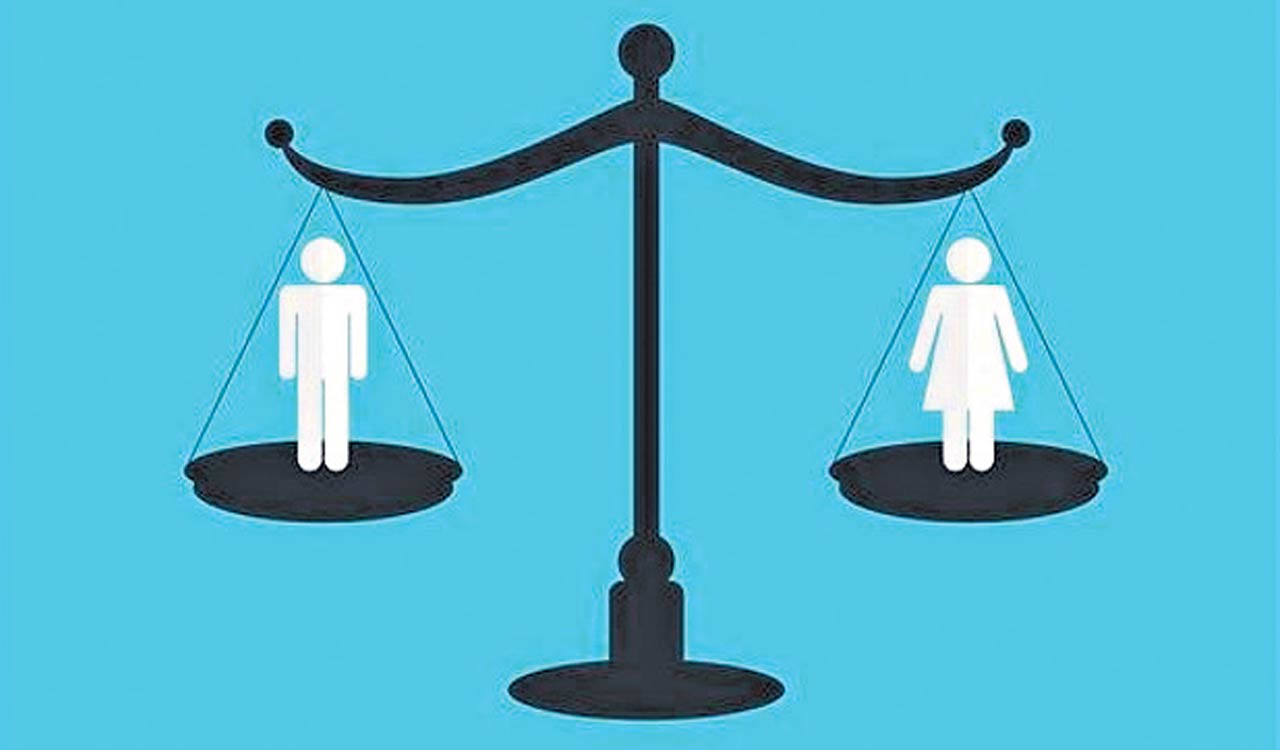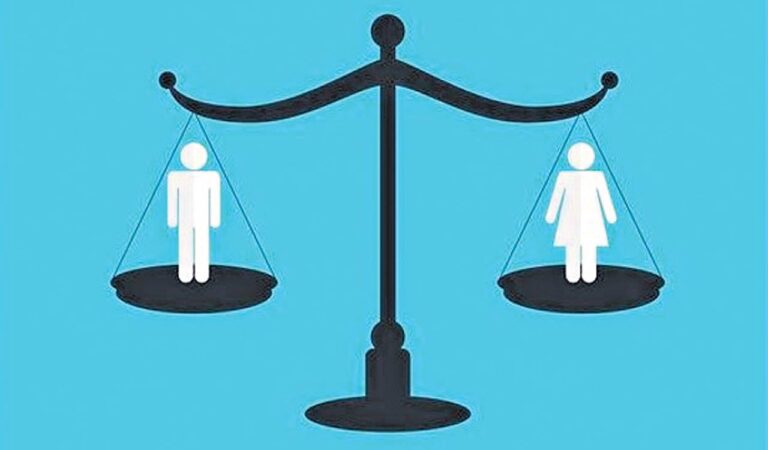Post Date: Post Date – 12:30 AM, Monday – Nov 14th 22

Arun Sinha
Moving in upper-caste circles, you can’t beat it with a crackling “Crack! Cut! Whenever the subject of an SC-ST-OBC booking comes up. Heaps of hilarious gems, say idiots for junior co-workers from quotas to please the crowd.
Maybe a principal will share his own funny and frustrating story about a new teacher (the cobbler’s eldest son) who knows so little about his subject that he asks his best students to stand on chairs with books Aside from teaching classes, his own contribution is to wake up frequently dozing off and yawning.
Exaggeration, and there will be many more stories like this, and by the end, someone will say “this country is doomed”, and others will exclaim in unison, “Yes, yes.”
common argument
A system sunk under the burden of “undeserving” quota appointees is just one of the four arguments against retention that you typically hear in upper caste circles.
Three more points: one, the rich in the lower castes took the entire quota pie; two, the upper castes were victims of “reverse casteism” and were denied jobs and college admissions; and three, the reservations had lasted Seven decades, brought benefits in jobs, college admissions, scholarships, bursaries, loans and subsidies to a large number of lower castes, so they had to go.
Have we not heard its echoes in the opinion of the majority of the Supreme Court’s decision in favor of the EWS quota? They also see lower castes as “privileged”. They refuse to include them in the weaker parts of the economy, saying they are enjoying quotas that are not based on equality laws and therefore have no right to require equality laws to be applied in EWS quotas.
The majority of justices also wanted to keep the reservation. Their call to end the reservation is of course in complete contradiction to their endorsement of the EWS reservation – it’s like they’ve given the longevity shot to the monster they want to kill – but we’ll let it pass. We’ll focus on the question they raise: Should we establish a timetable for dereservation?
no revolution
Before we throw something away, we have to remind ourselves why we had it in the first place and whether it served its purpose. What is the purpose of the reservation? Certainly not for social transformation. Retention is not a revolution. No one – whether Gandhi, Ambedkar, Congress or any other party – thought this was the only way to transform India into a caste-free society. It is seen as a way to promote the educational and economic advancement of castes that have historically been denied opportunities. It is a powerful tool for promoting equality, not a machine for exacerbating inequality.
The Indian government has only addressed a small part of caste inequality by granting reservations. It leaves most of the caste inequalities to be resolved mainly by social forces.
Lower castes suffer from a thousand caste discriminations in society and they have to fight against it.This
Upper castes still occupy most key positions, and they tend to dislike lower castes when recruitment is not subject to reservation quotas. They do not allow lower caste men and women to marry anyone of their caste. Their resistance often turned violent and ended in murder.
Students of upper castes refuse to eat lunch at schools where the cook happens to be from the predetermined caste. There are still many temples that prohibit entry of scheduled castes. Lower castes are often subjected to caste nicknames, insults and defamation. As we heard at upper caste gatherings, they were humiliated by the stereotype of being idiots, idiots and idiots.
The state has criminalized caste discrimination. But enforcement of the law remains in the hands of politicians and the police, who are often upper caste and full of prejudice against the lower caste. Lower castes either endure discrimination or fight it on their own, although in some places they may be helped by societies or social organizations.
political organization.
Therefore, caste discrimination is an epidemic. Booking only solves one corner of it. Did they address the issue in good faith and effectively? No, is the answer.
incomplete process
According to the Department of Personnel and Training (DoPT), in 2015, two decades after OBCs were given a 27% quota, their share in central government offices was only 12%. The 2022 figures released by the DoPT show that the OBC’s share of 43 central government departments and offices including the Cabinet Secretariat, UPSC and Election Commission is 20.26 per cent. In Group A, the highest level of the bureaucracy, the OBC share fell further to 16.88%. In this grade, even SC has a smaller share (12.86% vs Statutory 15%), as does ST (5.64% vs Statutory 7.5%).
Seven years after the SC/ST reservations and almost 30 years after the introduction of the OBC reservations, they are still not fully and satisfactorily implemented by the central and state governments. Reservations are still in progress. The DoPT has written frequently to union ministries and departments to end SC/ST/OBC underrepresentation, with little success.
While the government has only given OBCs a sub-statutory share, it is currently facing a new problem: a small fraction of OBCs take a large share of bookings. It set up a committee headed by retired Delhi High Court judge G Rohini to sub-categorize OBCs to make quota sharing more equitable among them. Several political parties have called for a caste census to make quota sharing more equitable.
Clearly, retention has proven to be an incomplete process. Calls to end it will not attract lower caste buyers. Keeping the layers stacked makes them a complex problem. While we know that quotas will not bring about social change, unless we make up our minds to address the root causes of the problem, we may have to live with it longer than we would like.
The way to end reservations is to end social discrimination and violence in society. The state must strive to change the nature of its administration from a caste conscious to an equality conscious. Quotas would be meaningless if society built equality.

(The author is an independent journalist and the author of “The Battle of Bihar”)
